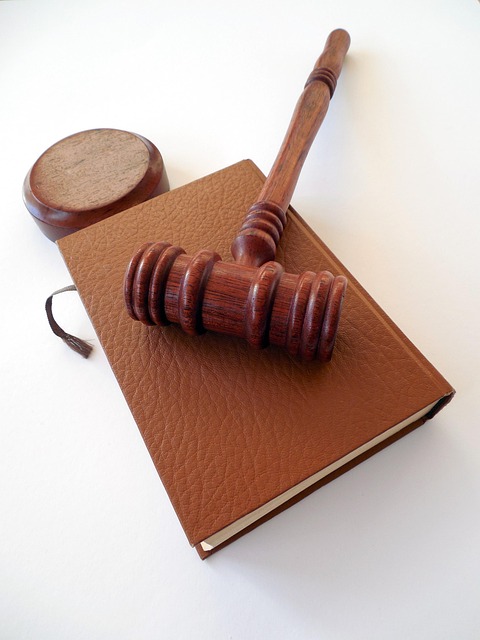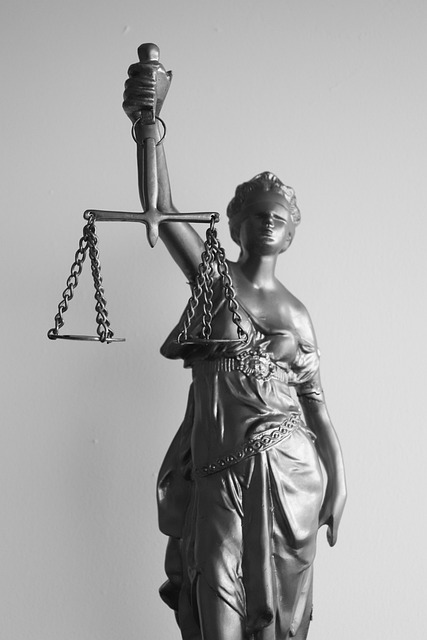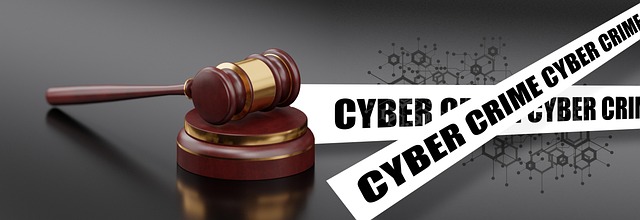Civil Law Experts in Defamation Suits are crucial for criminal defense, especially in white-collar and economic crime cases. They navigate complex legal landscapes to protect clients' reputations, differentiate between honest expression and harmful falsehoods, and craft robust strategies for jury trials. By challenging allegations, discrediting plaintiffs' motivations, and employing strategic tactics, these experts aim for favorable outcomes while upholding the integrity of the legal process.
“Uncover the intricate world of criminal defense through the lens of defamation law. This article explores the critical role of attorneys specializing in this domain, particularly focusing on complex civil cases. From understanding foundational principles to employing strategic defenses, it delves into the expertise required to navigate these legal labyrinths.
Discover how ‘Civil Law Experts’ play a pivotal role in managing defamation suits, ensuring reputation protection and safeguarding individual liberty. Additionally, we examine ethical considerations, offering insights for professionals navigating this challenging yet essential aspect of criminal defense practices.”
- Understanding Defamation Law: A Foundation for Defense Attorneys
- Civil Law Experts: Navigating Complex Defamation Cases
- Strategies in Defamation Suits: Protecting Reputation and Liberty
- The Role of Legal Research in Criminal Defense Practices
- Ethical Considerations: Representing Clients in Defamation Claims
Understanding Defamation Law: A Foundation for Defense Attorneys

Defamation law plays a crucial role in the realm of criminal defense, especially for attorneys tackling high-stakes cases involving white collar and economic crimes. As civil law experts in defamation suits, these legal professionals must be adept at navigating complex legal landscapes to protect their clients’ reputations. This foundation is essential for effectively defending against allegations that can have severe consequences, including damage to one’s career and personal life.
Understanding the nuances of defamation helps defense attorneys build robust strategies for jury trials. By grasping the boundaries between honest expression and harmful falsehoods, they can challenge baseless claims and protect their clients’ rights. This knowledge is invaluable in managing high-pressure situations, ensuring that justice is served while preserving the integrity of the accused.
Civil Law Experts: Navigating Complex Defamation Cases

When it comes to navigating complex defamation cases, Civil Law Experts play a pivotal role in defending individuals against false accusations. These attorneys are well-versed in the intricate legal landscape surrounding defamation, which involves civil suits for damages caused by false statements or publications. They guide their clients through the process of avoiding indictment and focusing on protecting their reputation.
Specializing in cases that often span across various sectors including philanthropy and political communities, Civil Law Experts possess a deep understanding of both state and federal laws governing defamation. Their expertise extends to handling a wide range of issues, from traditional libel and slander cases to more nuanced situations involving white-collar and economic crimes. By employing strategic legal arguments and leveraging their extensive knowledge, these attorneys strive to achieve the best possible outcomes for their clients.
Strategies in Defamation Suits: Protecting Reputation and Liberty

When facing defamation suits, Criminal Defense Attorneys act as guardians of an individual’s reputation and liberty. These legal professionals employ a range of strategies, tailored to each unique case, to navigate the complex landscape of civil law surrounding defamation. One key approach is to challenge the truthfulness of the allegations, using evidence and expert testimony to demonstrate that the statements in question are false or exaggerated. This not only protects the client’s reputation but also strengthens their position in court.
Additionally, Civil Law Experts in Defamation Suits often focus on discrediting the plaintiff’s motivations. They might uncover underlying agendas or financial gains associated with the lawsuit, arguing that the claim is strategic rather than merit-based. Such tactics can lead to a complete dismissal of all charges, especially in cases involving white-collar and economic crimes where the line between business disputes and malicious defamation becomes blurred.
The Role of Legal Research in Criminal Defense Practices

In the intricate world of criminal defense, legal research is a powerful tool that forms the backbone of successful representation. Criminal defense attorneys must possess an in-depth understanding of the law and its complexities to effectively challenge prosecutors’ cases. Legal research enables them to navigate through vast amounts of statutes, regulations, case precedents, and legal writings to uncover relevant facts and applicable laws. This meticulous process is crucial for constructing robust defenses, identifying potential loopholes, and formulating persuasive arguments that can sway judges and juries in their favor.
The expertise gained from extensive legal research plays a pivotal role in securing favorable outcomes, especially during high-stakes jury trials. Civil law experts in defamation suits, for instance, leverage their knowledge to defend clients’ reputations and combat false accusations. By drawing on an unprecedented track record of successful defenses, these attorneys can provide corporate and individual clients with the strategic guidance needed to navigate legal challenges head-on. This deep legal understanding ensures that criminal defense practices remain robust and effective in protecting the rights of those accused.
Ethical Considerations: Representing Clients in Defamation Claims

When representing clients in defamation claims, criminal defense attorneys face unique ethical considerations. They must balance their duty to zealously advocate for their client’s interests with the need to uphold the integrity of the legal process and protect the public’s trust. This delicate equilibrium is especially crucial in cases involving sensitive issues like white-collar and economic crimes, where the stakes can be high for both individuals and institutions across the country.
Civil law experts in defamation suits play a vital role in navigating these complex ethical waters. They must ensure that their strategies and tactics do not cross into areas that could be perceived as unethical or harmful to others. By achieving extraordinary results while adhering to professional standards, these attorneys demonstrate their proficiency and commitment to justice, contributing significantly to the overall integrity of the legal system.
In conclusion, criminal defense attorneys play a pivotal role in safeguarding individuals’ reputations and liberties through expert navigation of defamation suits. Understanding defamation law, leveraging legal research, and adhering to ethical guidelines are key strategies employed by these professionals. By drawing on the expertise of civil law specialists, defense attorneys can effectively protect their clients from damaging claims, ensuring justice and preserving their rights in a complex legal landscape.






